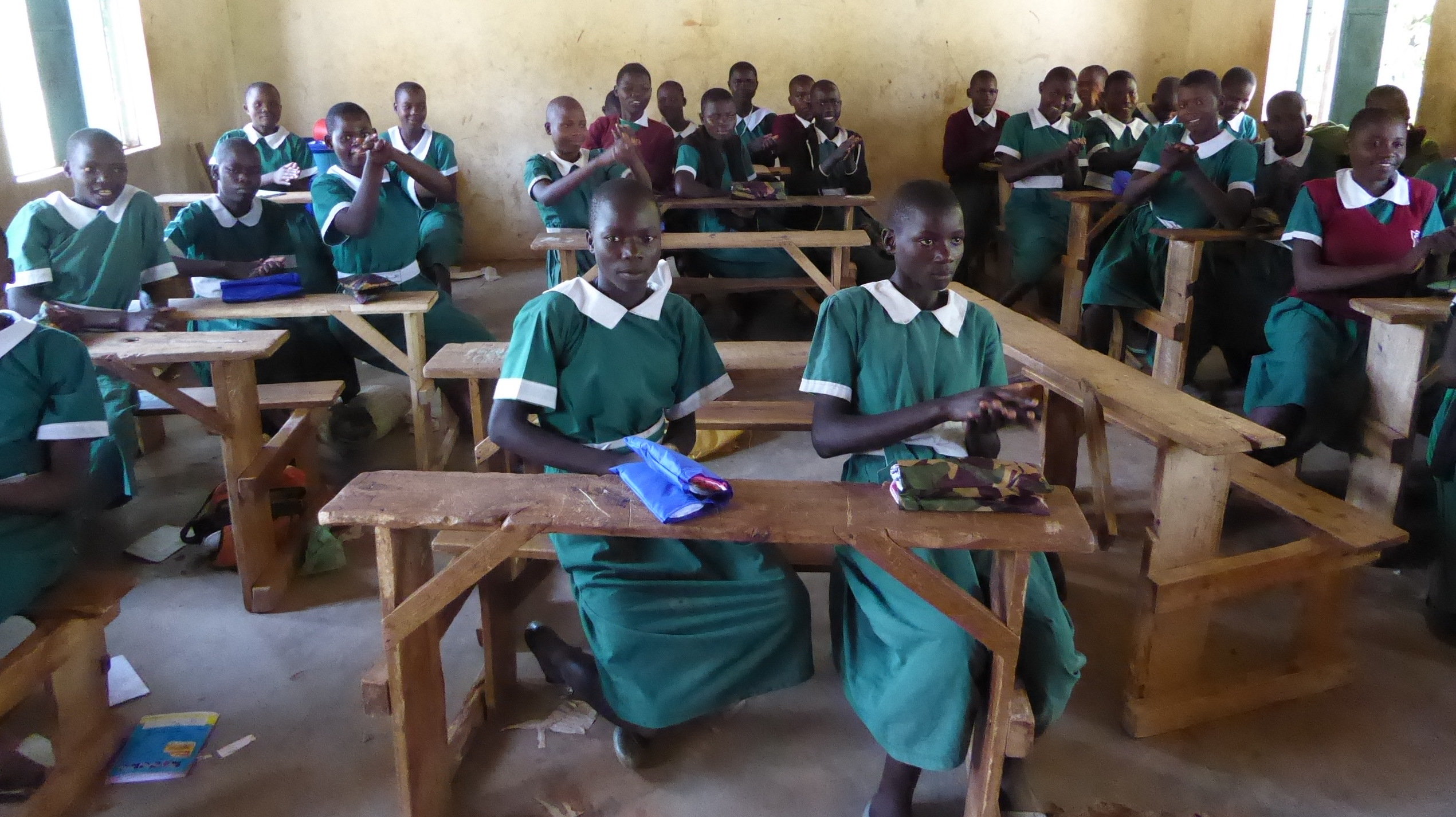With the world in the middle of the COVID 19 pandemic it’s difficult to know about all the ways it is affecting girls and women in Kenya. What we can presume is, it will not be making their menstruation experiences or lives any easier.
We do have the very latest data on teenage pregnancy rates and they show that 262,000 girls in Kenya became pregnant between March and June this year. 2100 of them in Busia County, the area we are currently working in. To understand why is this happening we need to understand the current and continuing problems facing poor girls.
All the schools have closed and will not be opening before September so any shelter, help or support provided by schools has stopped. Food is usually provided in schools and some schools have disposable pads that are given in emergencies and some also (although not all) have toilets and wash hand basins, which families do not always have at home. This is a problem in normal times as girls can’t always stay clean but it’s a particular issue given the current virus situation and the need to keep cleaning hands.
As jobs are lost and travel is restricted, family finances are even more dire than usual and so the purchase of sanitary pads will not be a priority. For this reason and without the shelter that school provides, it will now be even easier for older boys and men to force or coerce girls into having sex, sometimes in exchange for money to buy essentials like food and pads, thus increasing the incidence of sexual abuse and early pregnancy. We know this happens already but girls are even more vulnerable now and this is shown by these pregnancy figures.
As Kenya opens up again we want to be able to continue to support these girls and by providing them with pads, they won’t have to have sex with men for money to buy them, they can stay in school and hugely improve their life chances.

